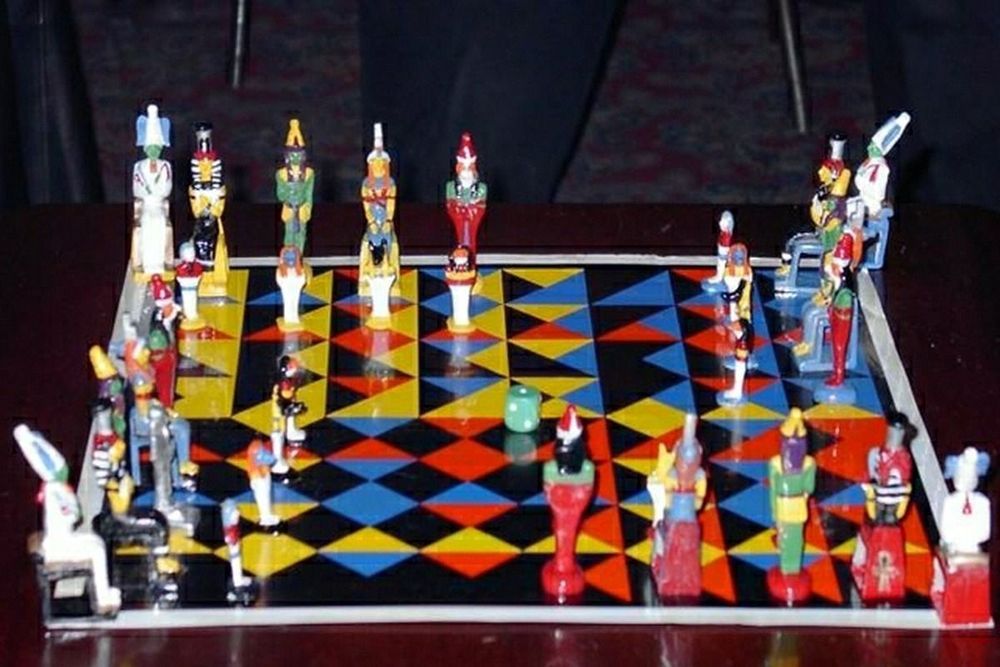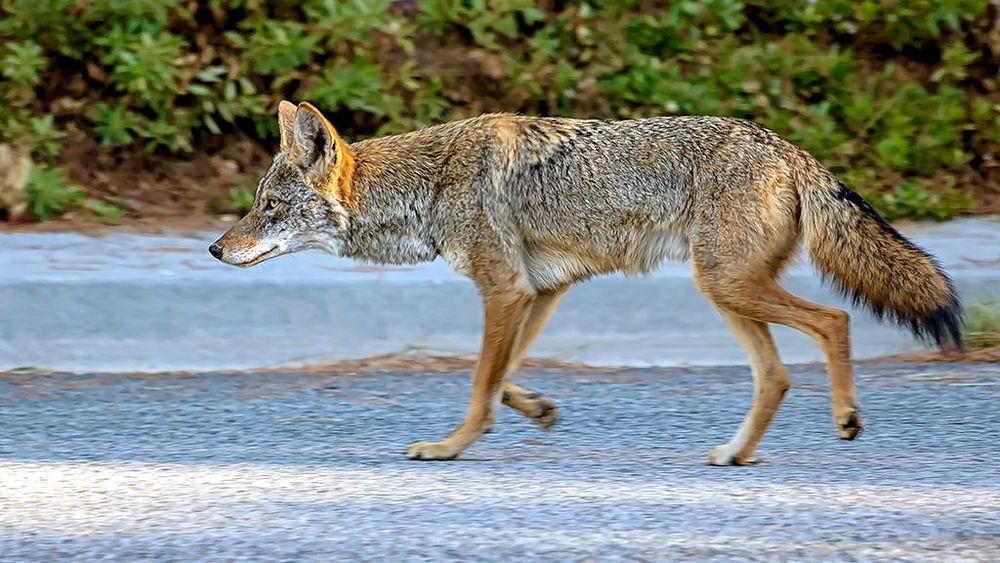When Google bought the advertising network DoubleClick in 2007, Google founder Sergey Brin said that privacy would be the company’s “number one priority when we contemplate new kinds of advertising products.”
And, for nearly a decade, Google did in fact keep DoubleClick’s massive database of web-browsing records separate by default from the names and other personally identifiable information Google has collected from Gmail and its other login accounts.









